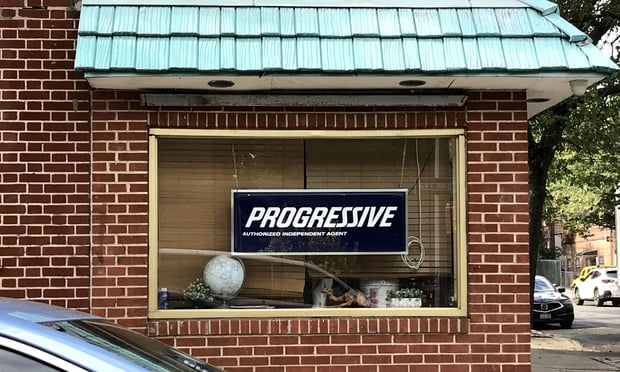NU Online News Service, July 15, 4:00 p.m. EDT
The Senate today passed and sent to President Obama legislation that would make the most sweeping changes to financial services regulation since the Great Depression.
The bill cleared the Senate by a vote of 60-39, hours after clearing a parliamentary hurdle by a 60-38 vote.
The bill is H.R. 4137, the Dodd-Frank Wall Street Reform and Consumer Protection Act.
Reflecting the industry's position, David A. Sampson, president and CEO of the Property Casualty Insurers Association of America, said, "Significant improvements have been made to the final bill to minimize the potential negative consequences of adding federal oversight to the state-based insurance regulatory system."
But, he cautioned, "It is important to note that this is still only the midpoint for financial services reform.
"We have a long road ahead of us as we move into the rule development phase. We look forward to working with regulators to preserve a strong and stable insurance marketplace to protect home, auto and business owners."
Leigh Ann Pusey, president and CEO of the American Insurance Association, said, "With some 250 new regulations to be implemented by 11 different federal agencies, the stage is now set for an intense rulemaking process that will be AIA's top priority."
She added, "We need to remain vigilant to ensure that the low-risk nature of the property and casualty industry continues to be recognized during the implementation phase."
Among key provisions, the bill modernizes and streamlines the surplus lines and non-admitted market.
Ken Crerar, president of the Council of Insurance Agents and Brokers, said, "Now that multi-state surplus lines placements will be subject to regulatory oversight by a single state, a substantively streamlined process will be created for commercial consumers, regulators, insurers and brokers."
The legislation also establishes a Federal Insurance Office (FIO) designed to deal with insurance activities.
That provision "signals the beginning of a new era of federal involvement, at least at the macro level, in the U.S. insurance industry," analysts at Washington-based K&L Gates said in a note to investors.
Significantly, however, the K&L Gates note states, "the FIO Act does not include a federal insurance charter provision, long sought by many in the insurance industry, and the states will remain the primary insurance regulatory authority."
Among last-minute actions, a decision to drop a $19 billion tax on large financial services companies means insurers will no longer face the potential of front-end assessments that other large financial services providers will be subject to in order to pay for liquidating insolvent financial institutions deemed systemically risky.
Under the bill, federal regulators would have the authority to wind down troubled large institutions.
But the bill specifies that state insurance regulators will continue to have the ability to "wall off" insurance companies from troubled holding companies, protecting insurance policyholders from other risks in the financial system.
State regulators will also retain their role to monitor consumer protections in the insurance sector.
The bill would also impact industry investment and hedging activities.
The final language also mandates that the new FIO conduct a study of insurance regulation and make recommendations to Congress within 18 months. The House added a provision to the study requiring that it include recommendations on the U.S. and global reinsurance markets.
Want to continue reading?
Become a Free PropertyCasualty360 Digital Reader
Your access to unlimited PropertyCasualty360 content isn’t changing.
Once you are an ALM digital member, you’ll receive:
- Breaking insurance news and analysis, on-site and via our newsletters and custom alerts
- Weekly Insurance Speak podcast featuring exclusive interviews with industry leaders
- Educational webcasts, white papers, and ebooks from industry thought leaders
- Critical converage of the employee benefits and financial advisory markets on our other ALM sites, BenefitsPRO and ThinkAdvisor
Already have an account? Sign In Now
© 2024 ALM Global, LLC, All Rights Reserved. Request academic re-use from www.copyright.com. All other uses, submit a request to [email protected]. For more information visit Asset & Logo Licensing.








